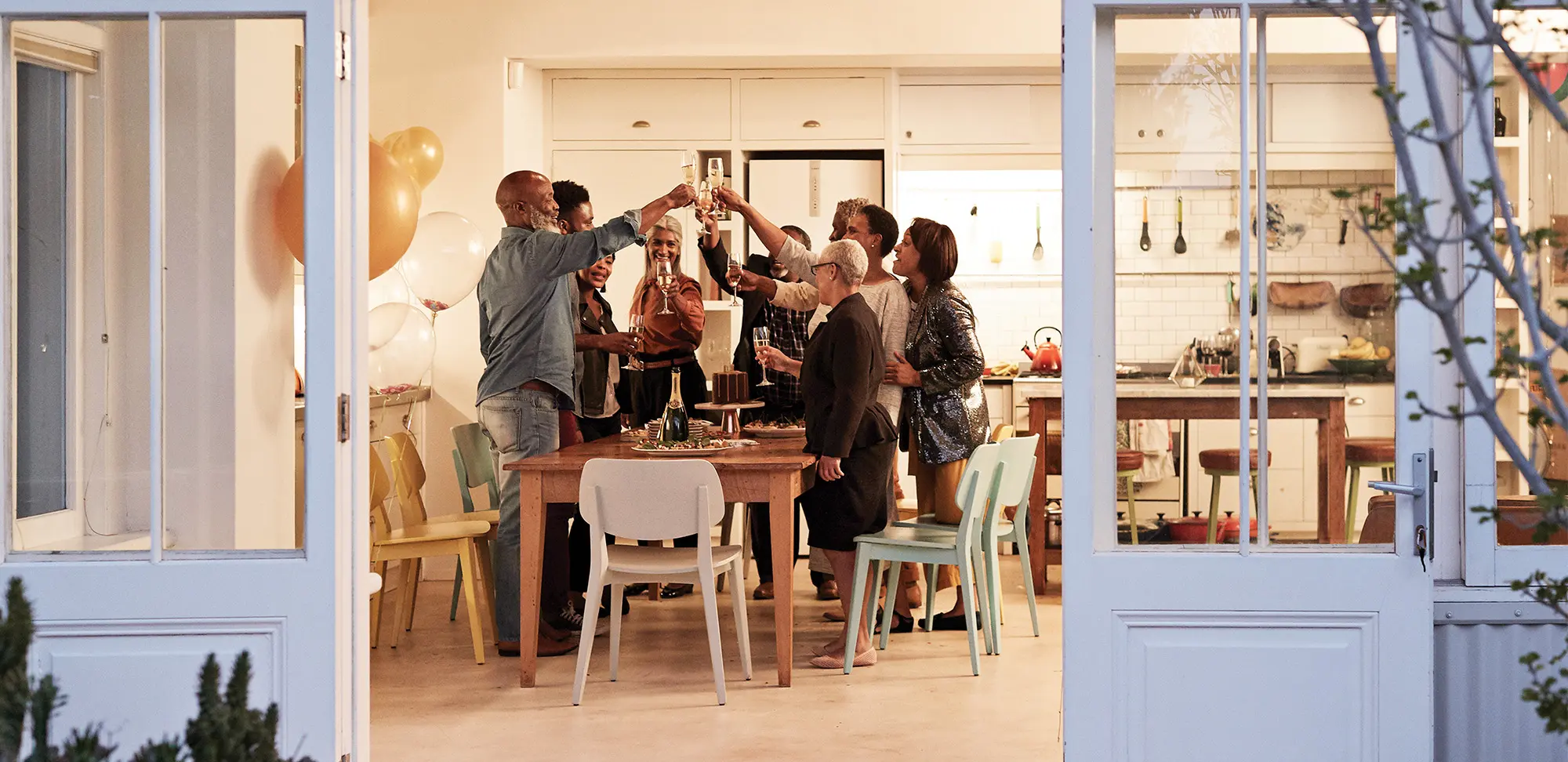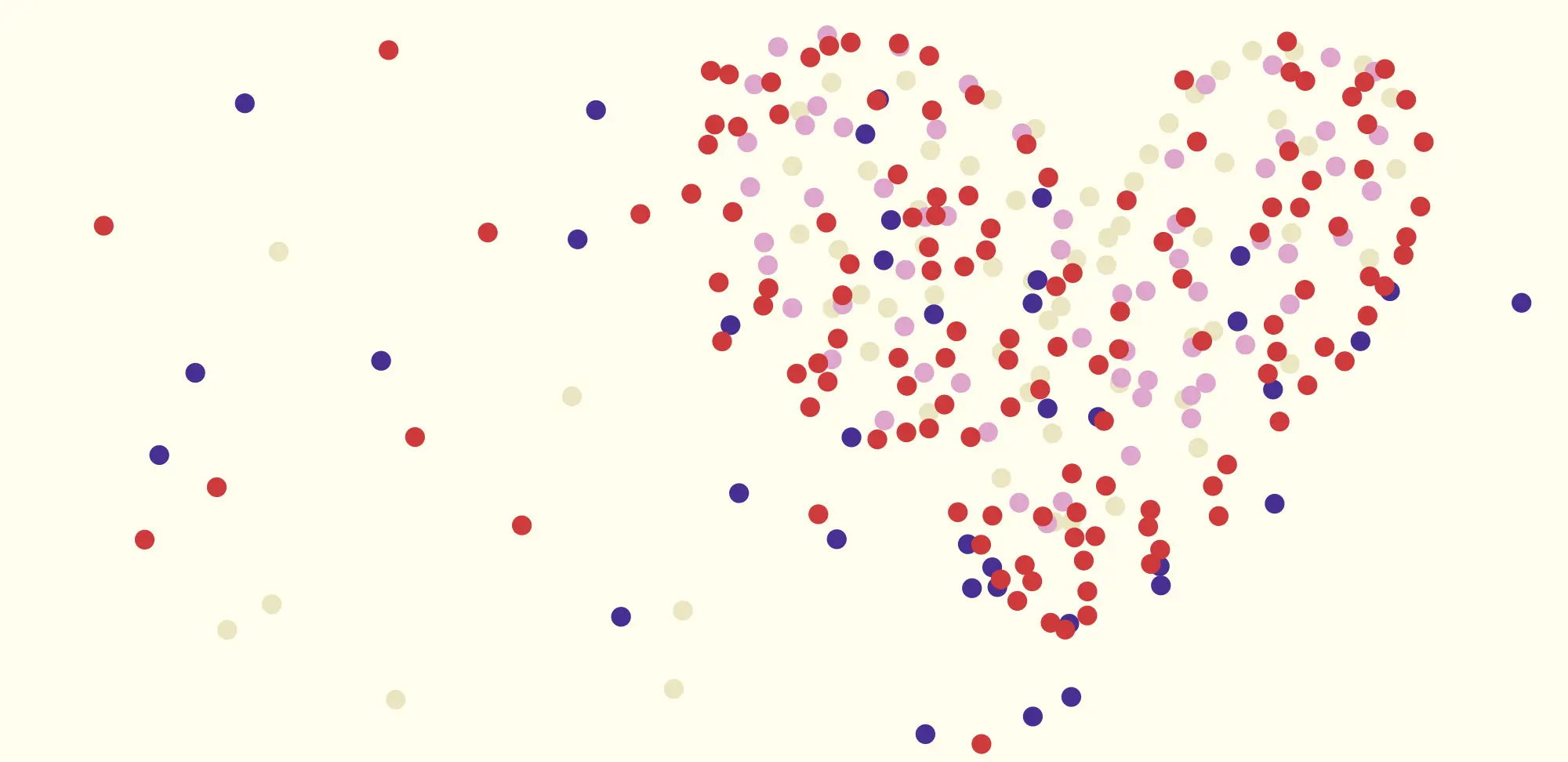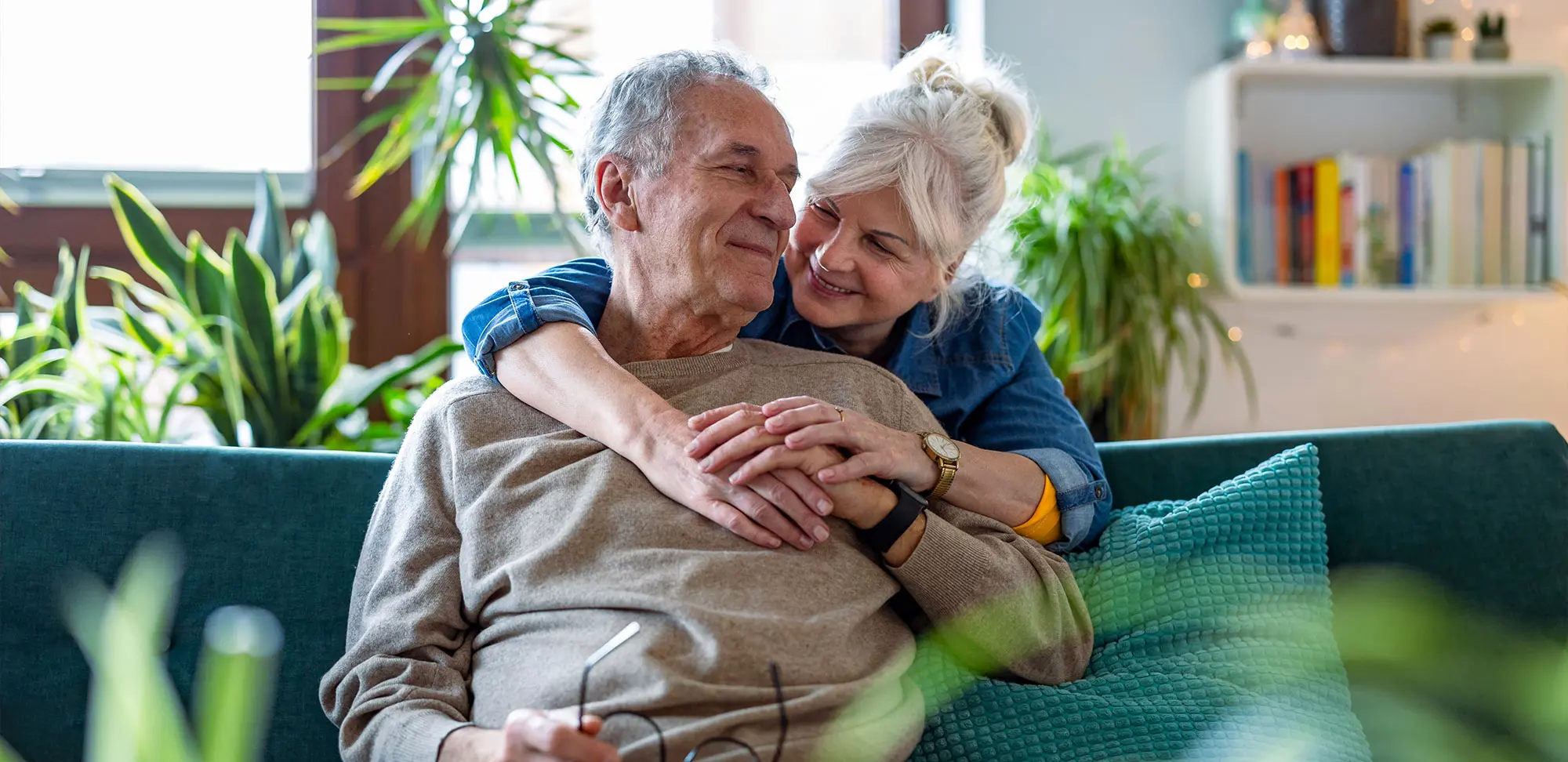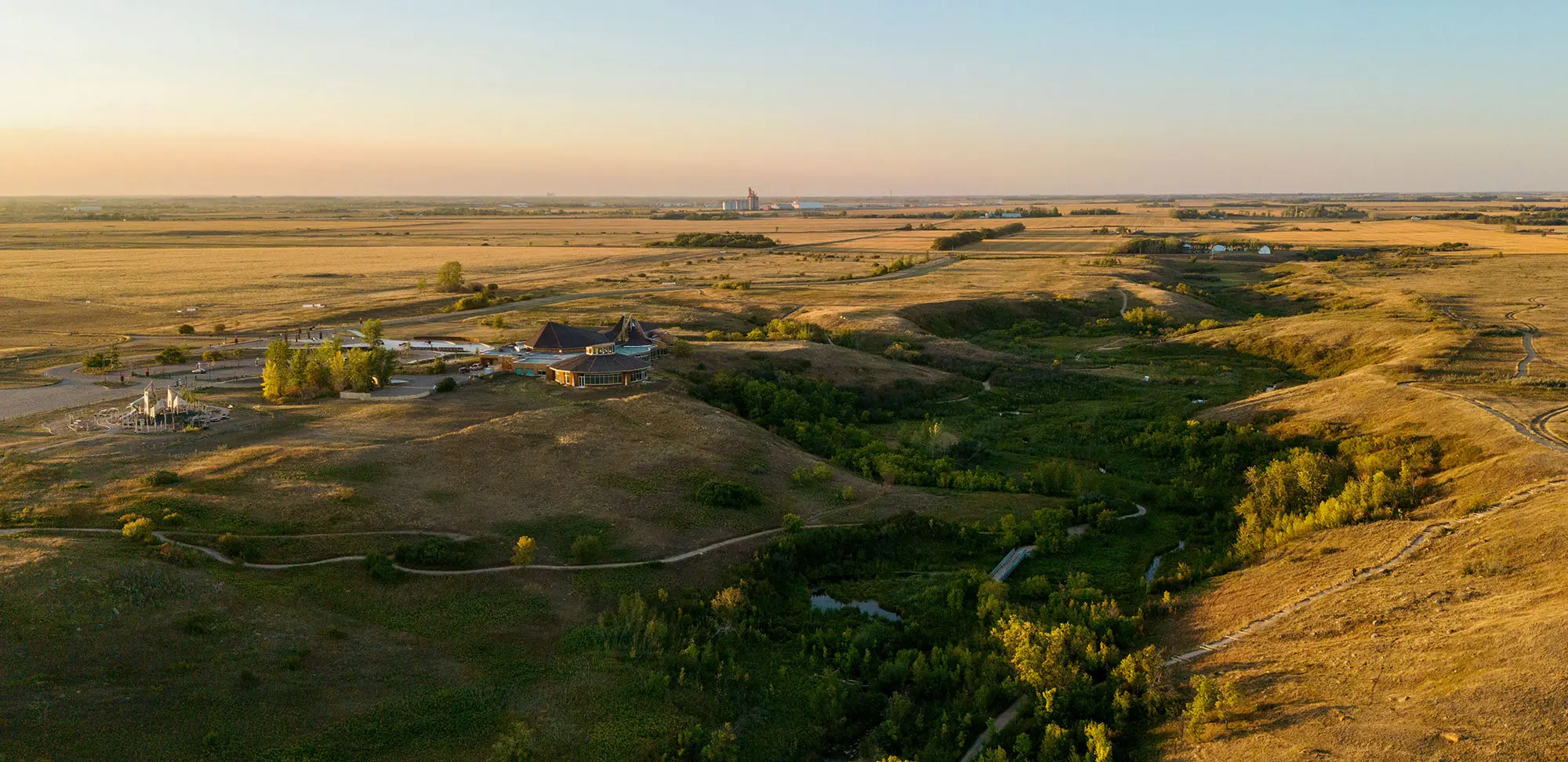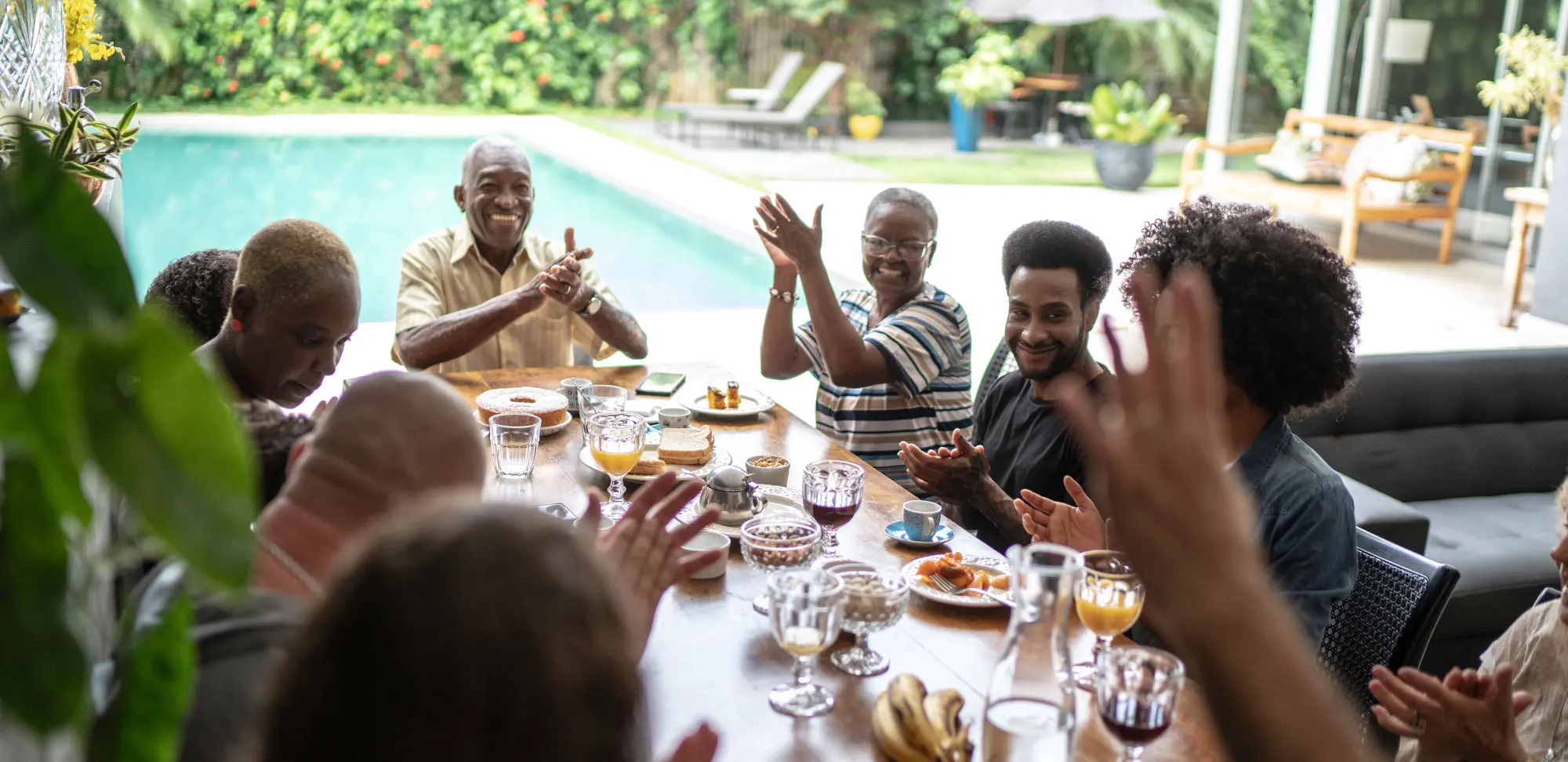Nowhere to go, no one to see, no end in sight. The COVID-19 pandemic forced millions of Canadians to live in social isolation. For most, the restrictions were a temporary situation. For others, however, social isolation is an everyday reality.
“Older people are at risk,” says Dr. Mary Pat Sullivan, a professor of social work and social gerontology at Nipissing University in North Bay, Ont., and lead of an RTOERO Foundation–funded research project.
While social isolation can be an issue at any stage of life, Statistics Canada suggests that upwards of one-quarter of Canadians over age 65 feel isolated from others and would like to participate in more social activities.
“We know that an absence of quality connections can impact people negatively,” Sullivan says.
She received a grant from the RTOERO Foundation to study social isolation and dementia care. It’s one of the ways the foundation is trying to have a positive impact on older adults’ quality of life.
Risk factors for isolation include living alone, mobility challenges, lower income, retirement, critical life transitions (losing a spouse, for example), changes in access to transportation, and worsening or chronic health issues.
The mission of the RTOERO Foundation is to foster respect, self-determination, better health care and social connections for older adults. The foundation raises awareness and funds to support the research, ideas and actions that will build a better future for all of us as we age.
Few foundations invest exclusively in initiatives related to healthy aging in Canada, or target social isolation. “We’re starting to see a conversation in this space,” says Mike Prentice, executive director of the RTOERO Foundation.
Isolation is not the same as loneliness. You can be alone and happy. Or, you can be surrounded by people but still feel lonely if you lack meaningful activities or relationships.
Sullivan says loneliness is subjective – how you feel about your network and emotional bonds. Social isolation is a more objective assessment of how well people are connected.
Risk factors for isolation include living alone, mobility challenges, lower income, retirement, critical life transitions (losing a spouse, for example), changes in access to transportation, and worsening or chronic health issues.
Dementia is one of those issues. At Nipissing University, Sullivan and her colleagues are looking at how people with dementia can also become excluded and isolated, as cognitive capabilities decline or language skills become impaired.
That’s a growing concern as the number of Canadians living with dementia is rising, projected to go from about 500,000 today to more than 900,000 in 2030, according to the Alzheimer Society.
Sullivan’s project aims to produce educational resources for professionals and families to recognize social isolation and loneliness and implement coping strategies for care partners and people living with dementia.
Another RTOERO Foundation grant has gone to the Schlegel-UW Research Institute for Aging (RIA) in Waterloo. This project will create a community conversation guide about social isolation for residents and caregivers in Woolwich, Ont., a rural township of just over 25,000 people in Waterloo Region.
Dana Zummach, an evaluation coordinator at RIA, says the guide will give community members the knowledge and skills to identify signs of potential isolation, and also the confidence to approach and assist others in need by connecting them to programs and services.
The guide is intended to be used by anyone in the community, including neighbours, friends, family and frontline service workers from bank tellers to grocery store clerks. It will be released later in 2022.
Zummach points out that seniors who are caregivers are at risk for isolation too. “When you’re caring for someone else, you can get so tired and burned out that you don’t take the time to be with family and friends,” she says.
In addition to making project grants, the RTOERO Foundation funds the RTOERO Chair in Geriatric Medicine at the University of Toronto, held by Dr. Paula Rochon. She conducts research related to aging and the societal health challenges faced by older adults and mentors graduate students who are studying geriatrics.
The pandemic has highlighted social isolation, and Prentice hopes that the attention and empathy don’t wane. “Just remember the experience we all had,” he says, “and imagine that this is forever.”
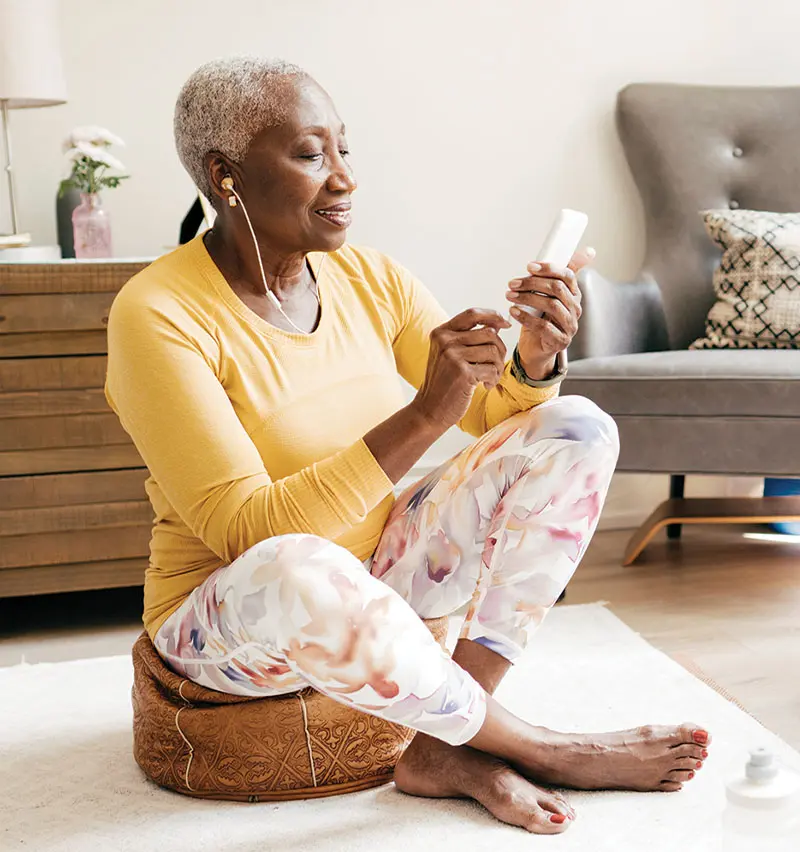
Get ready to chime in
Feeling isolated? The RTOERO Foundation invites you to Chime In every Wednesday from 1 to 2 p.m. EST. You can join using Zoom or call in by phone.
Chime In launched in October 2021. Foundation volunteers host this opportunity for open discussions and social connections. RTOERO members need to register just once to gain access and can then join the conversation any week, as often as they wish.
To register for the program, visit https://rtoero.ca/rtoero-foundation/granting-program/chime-in/.
